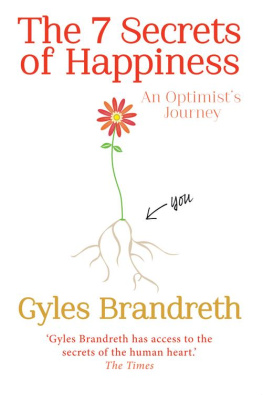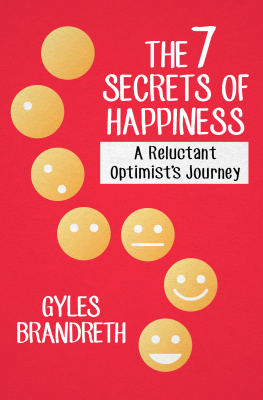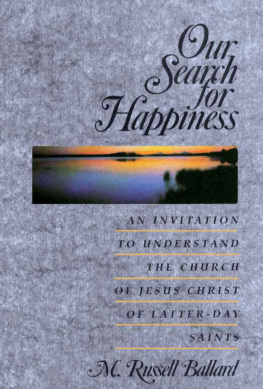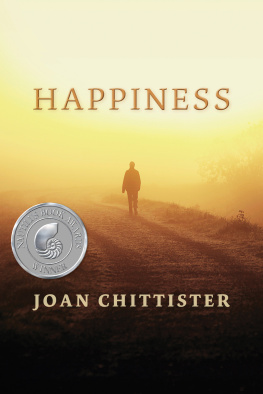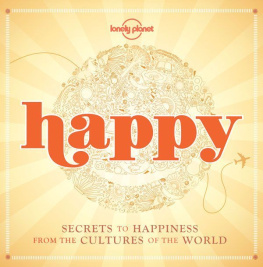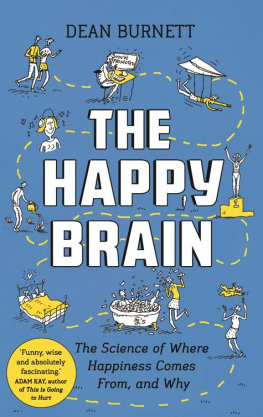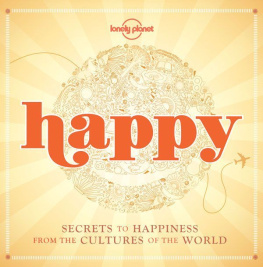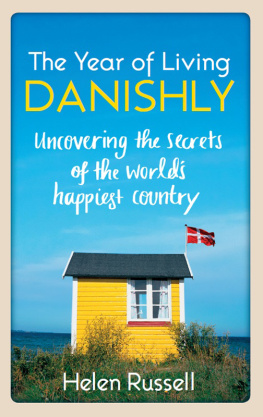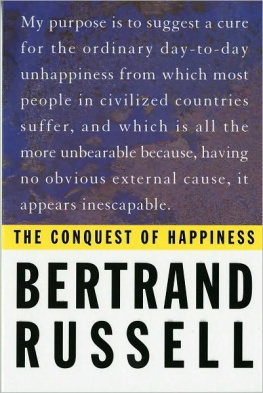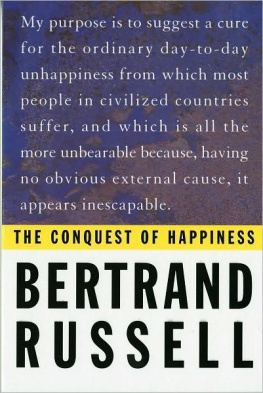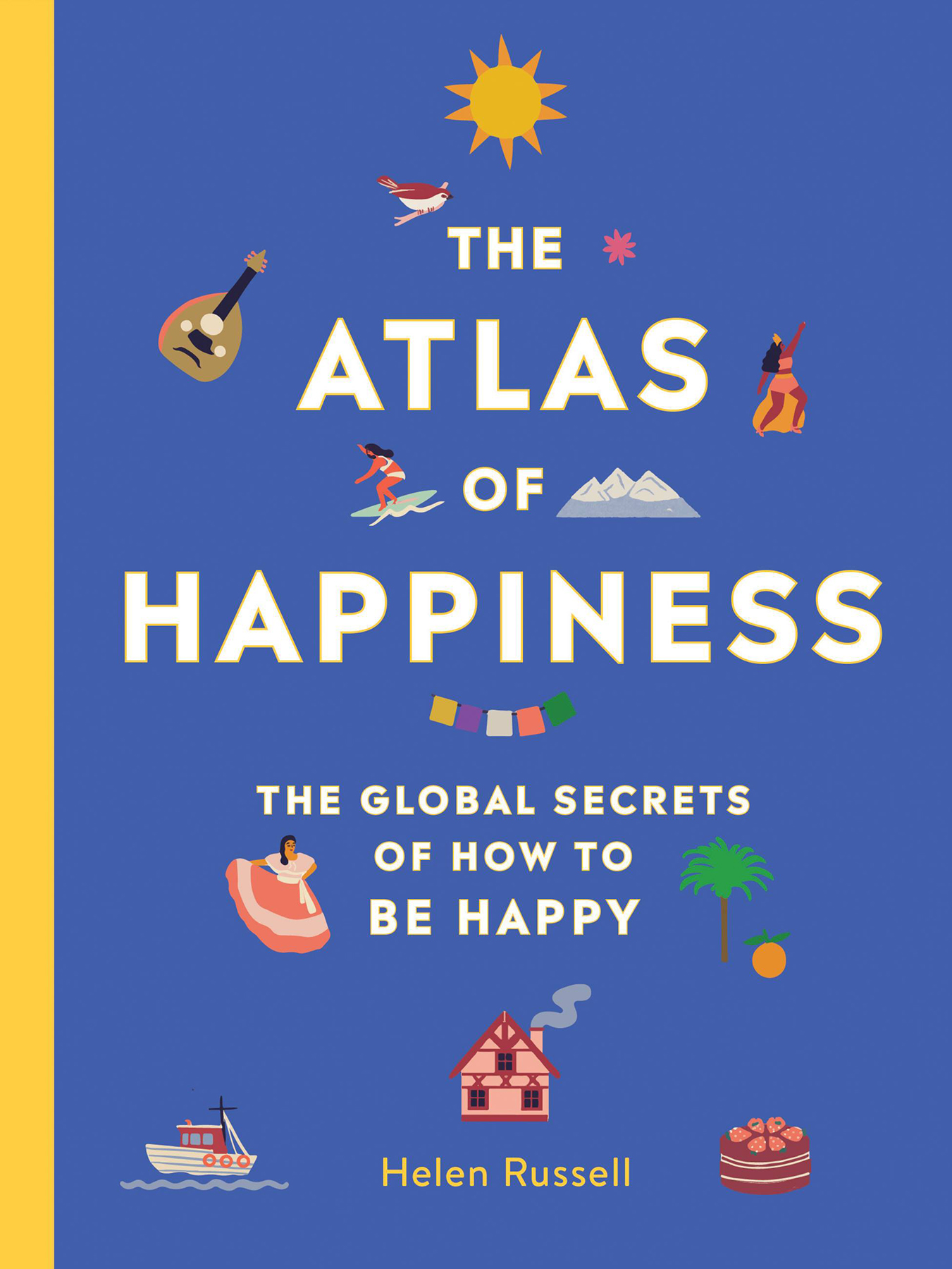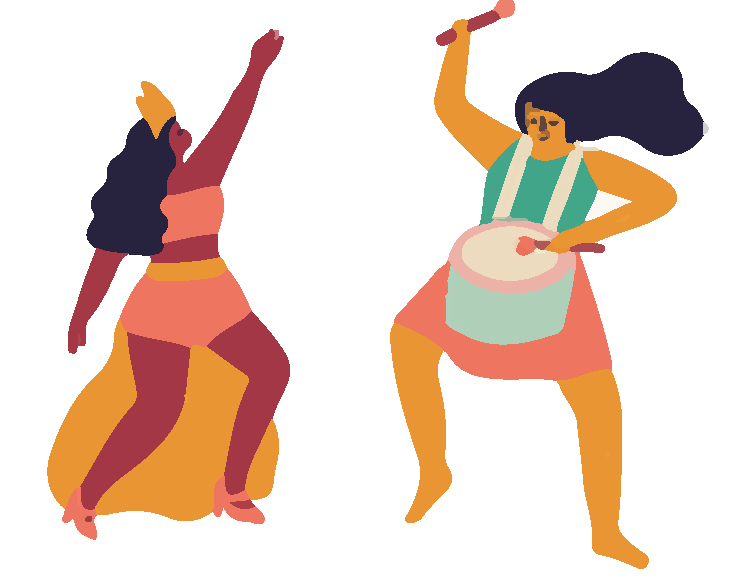Copyright 2018 by Helen Russell
Illustration copyright 2018 Two Roads
Hachette Book Group supports the right to free expression and the value of copyright. The purpose of copyright is to encourage writers and artists to produce the creative works that enrich our culture.
The scanning, uploading, and distribution of this book without permission is a theft of the authors intellectual property. If you would like permission to use material from the book (other than for review purposes), please contact permissions@hbgusa.com. Thank you for your support of the authors rights.
Running Press
Hachette Book Group
1290 Avenue of the Americas,
New York, NY 10104
www.runningpress.com
@Running_Press
Originally published in 2018 by Two Roads in Great Britain First U.S. Edition: April 2019
Published by Running Press, an imprint of Perseus Books, LLC, a subsidiary of Hachette Book Group, Inc. The Running Press name and logo is a trademark of the Hachette Book Group.
The Hachette Speakers Bureau provides a wide range of authors for speaking events. To find out more, go to www.hachettespeakersbureau.com or call (866) 376-6591.
The publisher is not responsible for websites (or their content) that are not owned by the publisher.
Illustrations by Naomi Wilkinson
Library of Congress Control Number: 2018963580
ISBNs: 978-0-7624-6787-7 (hardcover), 978-0-7624-6788-4 (ebook)
E3-20190402-JV-NF-ORI
F or the mini Vikings, who have been waiting for a book with pictures.
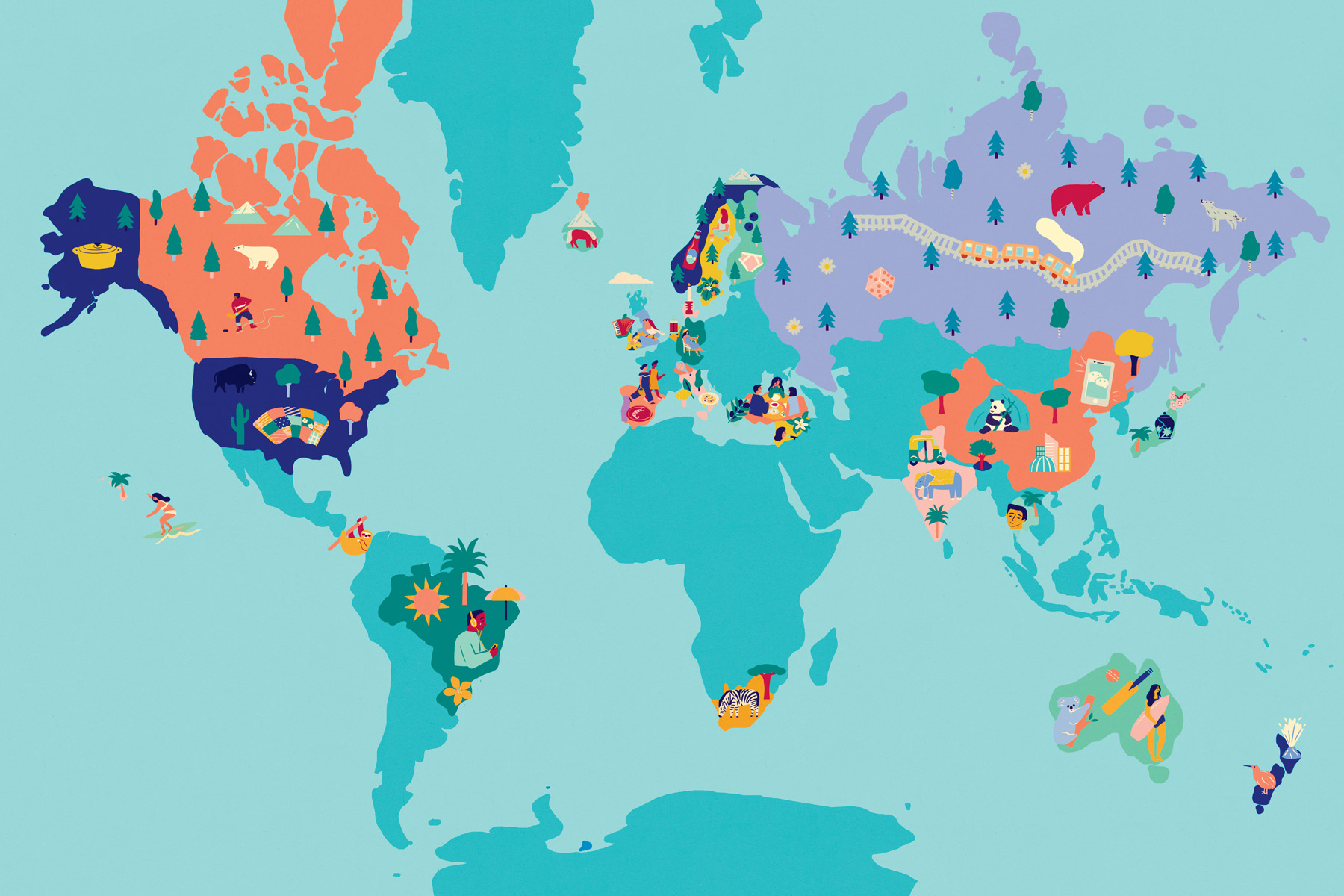
W elcome. Really. Come on in. It can be tough out there. Its easy to watch rolling news and get the idea that the world is getting more miserable by the minute. That were all becoming more isolationist and that these are bleak times indeed. But news is about the stuff that happens, not the stuff that doesnt happen. Its not news that life expectancy has never been higher, nor that leisure time has never been more bountiful, wherever you are.
No front pages will be dedicated to the fact that thanks to modern technologies, the amount of time spent doing housework has fallen from sixty hours a week to just eleven hours (all hail the spin cycle). According to Millennium Development Goals data and the most recent World Bank report, in the past twenty-five years, world hunger has declined by 40 percent, child mortality has halved and extreme poverty has fallen by two thirdsthree statistics that are unlikely to be trending on Twitter any time soon.
When things are ticking along well, theres very little to report. Negativity bias means that, as human beings, we experience bad events more intensely than we do the goodand we also remember them more. But that doesnt mean that bad is all there is. We have to work to consciously remember the good and remain hopefulor we cant make things better.
Optimism isnt frivolous: its necessary. If we feel hopeless all the time, if were always in crisis, the natural response is to give up and stop trying altogether. But we cant let snark win. Problems are there to be solved. Challenges, to be met. We can be aware of the bad while also being mindful of how we can make it better. There are people all around the world finding happiness every day, both in countries that top the global happiness surveys and in those that dont. By learning about them we can find more ways to be happy ourselves and help each other. Empathy is essential, and learning about what matters to people on the other side of the world helps us all. Understanding how different nations view happiness can impact on how we interact with one another going forward.
This book was inspired by the fascinating testimonies Ive been privy to since I started researching happiness in 2013 for my first book, The Year of Living Danishly. Since then, Ive been approached in some of the most bizarre settings (public toilets; forests; sand dunes) by people from all over the world who want to share their own countrys unique happiness concepts. As an international living overseas, Im also privileged to have a delightfully diverse social circle, and confidantes from every continent have offered expertise and enlightenment. The result is a catalog of cultural customs to give a horizontal perspective on happiness and what it means to live a good life around the world. The regions are in alphabetical order, to offer an unexpected and unusual tour through the different approaches adopted globally. This isnt a compendium of the worlds happiest countries; instead its a look at some of the concepts that are making people happier in different places. Because if we look exclusively at countries that are already coming top of the happiness polls, we miss out on a wealth of ideas and knowledge from cultures we may be less familiar with.
Nowhere is perfect. Every country has faults. These pages unashamedly celebrate the best parts of a countrys culture as well as national characteristics at their finestbecause thats what we should all be aiming for. The list of concepts wont be exhaustive and Im open to learning moreif theres a happiness hack that Ive missed, keep me posted. Little words can have a big impact and ostensibly simple ideas can change the way we look at the world. No one thought that hygge would catch on. Now its a global phenomenon. You decide which of the concepts within these pages will be next.
Some of the themes that sprung out of my research were universalsuch as time with family and friends, taking the pressure off at work, or engaging with naturewhile others, like pants-drinking in Finland or appreciating aging in Japan, were intriguingly unique. But one things for sure: we can all get happier, and there are endless possibilities for ways to try.
So here are 33 reasons to be cheerful: inspirations to keep you hopeful and to offer succour to anyone at the end of their tether. Some of the concepts will contradict othersjust as the cultures of some countries appear the antithesis to those of their neighbors. Thats OK: were all different. Take what works for you. Read. Refuel. And go get em.
F air go, a phrase used to mean that everyone and everything is deserving of a reasonable chance. First recorded in the Brisbane Courier in 1891 when striking sheep shearers were arrested without having their warrants read to them first and demanded of their manager, Do you call this a fair go? The strike was one of the earliest and most important in the countrys history, spurring the birth of the Australian Labor Party and the perception of Australia as an egalitarian society, where fairness, good sportsmanship, and a positive outlook are prized.
The opening piano chords still trigger in me a Pavlovian response, transporting me to the endless summers of my youth and the beginnings of my education in beach life, surfing, and the spirit of fair go. As a child growing up in 1980s British suburbia, the first two were of little use, but the third gave me a grounding in what I like to think are my liberal leanings today. I was six years old and


